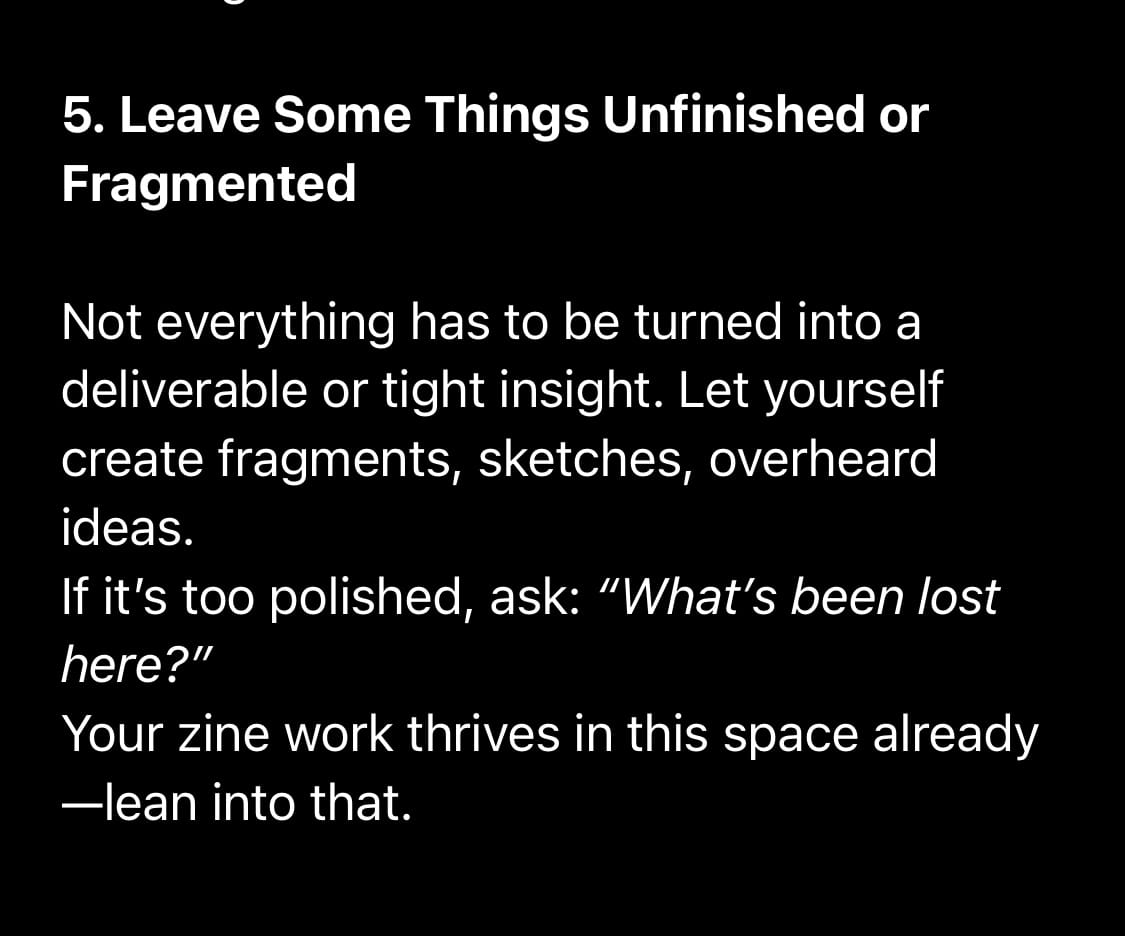the irony
possibly the biggest hurdle i face in life is this overwhelming sense that things should be a certain way and i'm getting it wrong
part of what made processing my diagnosis so difficult was reckoning with this new lens on my life and all the ways of being and doing that i thought i was 'getting away with', but suddenly felt like i was not. like the veil had fallen away and i could see what everyone else must have been seeing all this time and just kind of tolerating and humouring me. i'm still not over that but i'm starting to just get on with it more than i have.
i've always wanted to write, and at different times i have written a lot, or prior to starting my masters not really at all. but it always feels foolish and self indulgent, and i often can't just free-flow without some kind of pitch or purpose. there had been some situations that really gutted my confidence in my own voice, that i could be unashamed in my perspective or sharing something i created.
one of the critical pieces of my research centred around epistemic justice and its importance to inclusion work, research itself, and authentic existence.
this concept is the idea that people - for example autistic, or indigenous - are the ones who own and define their own knowledge, ways of knowing, what is and isn't relevant or important or correct, and communicate that in a way that is meaningful and authentic to them and their context.
there is a long history of colonial anthropology and sociology and literature and medical research etc. etc. which says that only certain types of information or process or communication is valid and has led to untold impacts on the societies that touches and the individuals/whanau within. that only certain types of voice or data can be respected.
similarly, and actually stemming from the same paradigm, neurodivergent people are only very recently establishing a movement and research community, and beginning to define our own existence. in particular i mihi to linda tuhiwai smith for her work on decolonising research which, so important in its own right, also helped me understand the context of my work.
entire generations of neurodivergent people who didn't fit the narrow diagnostic criteria defined by a neurotypical establishment have been unable to understand themselves, how we fit into the world, that our behaviours and brains do make sense in context. and that is extraordinarily detrimental to wellbeing and independence etc., never mind the opportunity cost of all the things we could have been and done.
i've wasted so much energy on trying to troubleshoot myself against merit criteria not designed for me, when i could have been out there just living and creating instead of being anxious feeling broken.
lately i've been experimenting a lot with chatgpt to tease out my thoughts on what the hell do i do now. for me it isn't a content creator just a tool and an interlocutor. even though on the face of it i understand these things about justice and context and paradigms it can still be hard to shake the norms and expectations. particularly if publishing a blog is going to be part of my future and business model.
but whether i like it or not i cannot be anything other than myself. i don't think trying to smoosh all my run on sentences and exploration of topics into something algorithmically acceptable adds any value to the world. or at least not any more than my authentic wombling.
it is a little bit funny to me that i needed chatgpt to tell me that, though of course i did pattern it to give me the answer i needed to hear. whatever works
